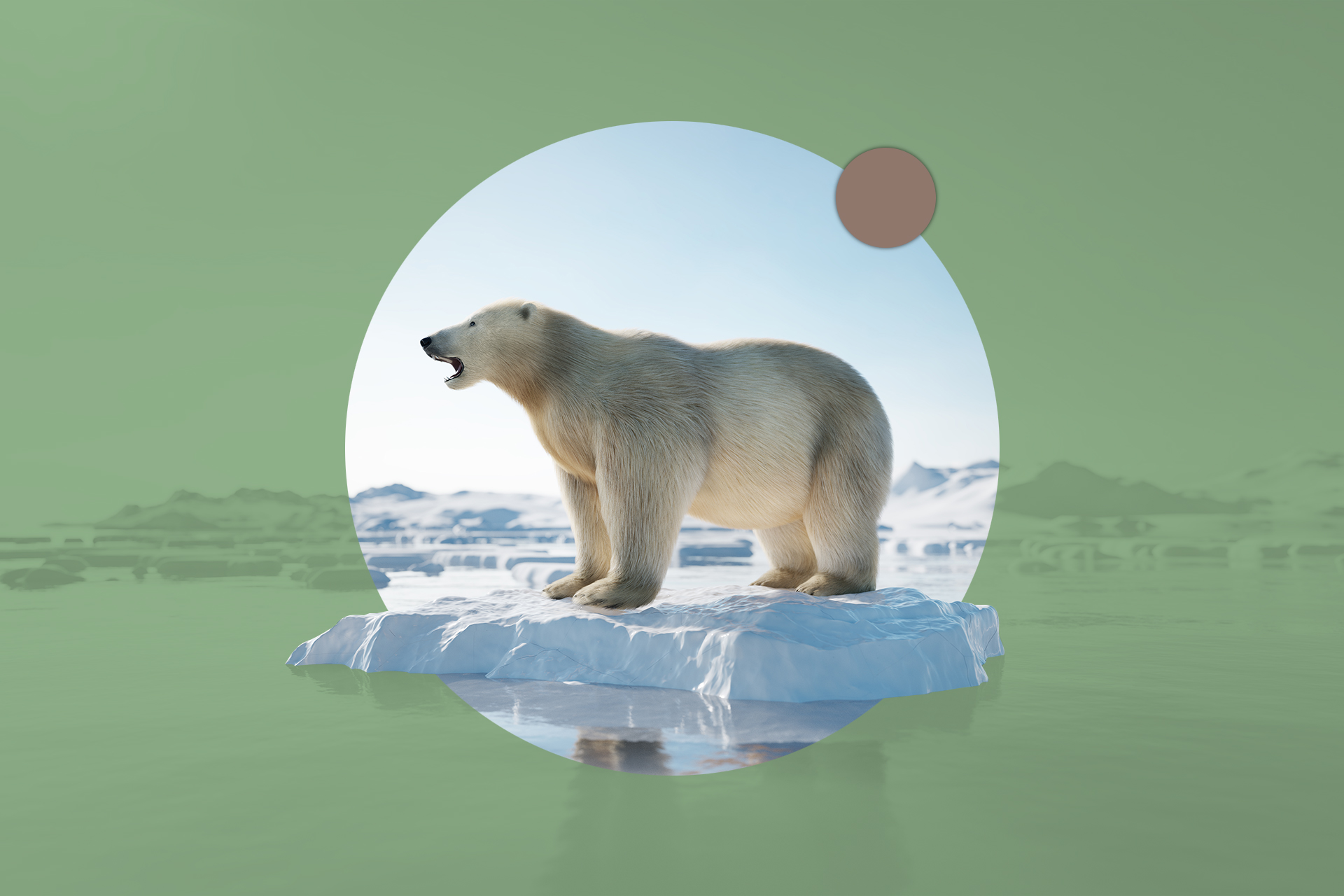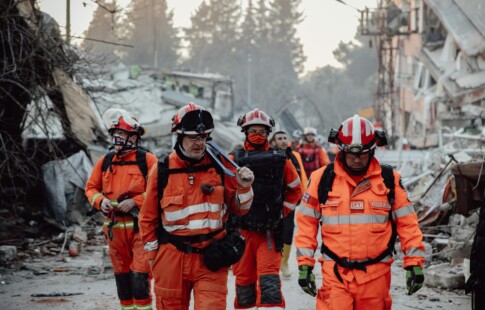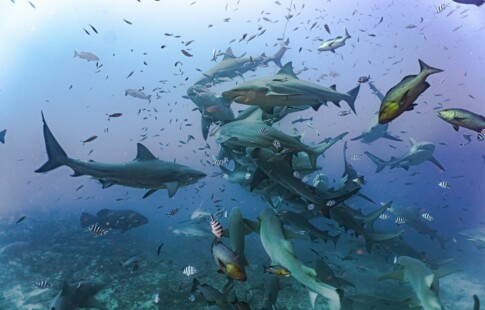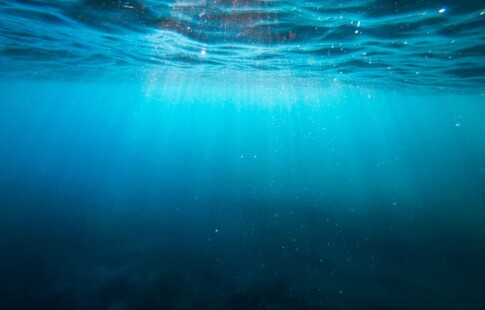
Climate Change vs. Global Warming: What’s the Difference?
We are reader-supported. When you buy through links on our site, we may earn affiliate commission.
Climate change vs. global warming – both terms are used synonymously in the media. Although the two are closely related, they signify separate environmental effects. If you are unfamiliar with the distinction between climate change and global warming, you are not alone.
It is essential to understand both of these concepts to gauge how human interference impacts their functions. Global warming is the physical temperature increase caused by greenhouse gas emissions, and climate change refers to the effects this temperature increase has on weather patterns.
Some observers are confused by how global warming can cause more extreme snowfall, for example. To understand these climate impacts, you must first evaluate global warming as an independent construct.
Global Warming
Earth’s temperature is rising and showing no signs of slowing down soon. Over the last 21 years, we have experienced 16 of the hottest recorded summers. This increase is scientifically evident and caused by human interference.
When we release greenhouse gases into the atmosphere, such as carbon dioxide, methane, nitrous oxide, and fluorinated gases, Earth reacts abnormally. This atmospheric response is called the greenhouse effect, and it is responsible for the warming of the planet.
The Greenhouse Effect
The Earth must maintain a specific temperature to support life on its surface. The atmosphere uses the greenhouse effect to ensure the maintenance of vital temperatures. This is the natural process that involves:
- Absorbing the sun’s energy
- Transferring it into heat
- Reflecting a specific amount of that warmth back while allowing some energy to reach the surface
- Heating the planet and reflecting the excess out of the atmosphere
When we emit additional greenhouse gases into the environment, we throw off the natural balance of the process, causing adverse effects. These human-contributed gases restrict Earth’s ability to let go of excess heat. This entrapment of energy causes a global temperature increase.
Methane is a specific air pollutant that causes significant impacts to the natural greenhouse effect. This gas is 25 times more efficient at trapping heat in the atmosphere than carbon dioxide. This human-induced impact contributes to global warming and a broader shift in the Earth’s climate.
Climate Change
When you see videos of icebergs receding and polar bears relocating, these are effects of a changing climate. This environmental concept differs from global warming because the impacts stretch beyond a changing number on a thermometer. Climate change is the alteration of consistent weather patterns in a particular region.
Climate change causes warmer temperatures in the summer, but it also causes increased snowfall in the winter. One effect of changing weather patterns is an intensification of storm cycles and an increase in precipitation. El Niño is a weather pattern that warms the sea’s temperature and contributes to higher precipitation amounts.
As ice glaciers melt and sea levels rise, there is more precipitation circling the atmosphere. This increases the amount of snowfall in cool regions. Some view this increase in winter snowfall as evidence against global warming, but it is a direct effect of the global temperature increase.
A snowy winter may not seem to cause drastic effects on the global ecosystem. Other climate change impacts do pose severe challenges to life on Earth. Extended periods of drought, the intensification of hurricanes, and flooding are all direct effects of climate change.
The direct effects of climate change cause secondary issues that change our environment in powerful ways. With an increase in flooding and precipitation comes a rise in exposure to malaria and other waterborne illnesses. This is a potentially fatal issue for countries with underequipped health care infrastructure.
Coastal erosion is another effect of climate change derived from receding glaciers. As sea levels rise, beaches, sea walls, cliffs, and more are subjected to saltwater erosion. This breaking down of the coastline forces humans and other species to relocate inland.
Climate change causes various other effects to the planet, causing environmental degradation. The rising of Earth’s temperature may not directly threaten life on Earth, but a changing climate will. One must consider the secondhand destruction when observing the effect human-induced greenhouse gases have on the environment.
Climate Change vs. Global Warming: They’re Interconnected
It is easy to become overwhelmed by the effects of global warming and climate change. Luckily, there are actions you can take to reduce your impact and limit environmental destruction. To lower your carbon dioxide emissions, you can utilize alternative forms of transportation like biking or carpooling.
One can significantly lessen their carbon footprint by reducing the amount of methane released into the atmosphere. By adopting a plant-based or flexitarian diet, you can reduce your contribution to methane emissions. You can lower your greenhouse gas emissions by 52% by limiting your consumption of animal products, including and especially red meat.
Voting for environmental protection and conservation acts also reduces global warming and climate change. Placing restrictions on corporate emissions can positively impact the health of the planet. Educating yourself on current environmental issues, talking to your peers about solutions, and supporting leaders who conserve the environment can limit harmful human interference.
Share on
Like what you read? Join other Environment.co readers!
Get the latest updates on our planet by subscribing to the Environment.co newsletter!
About the author

Jane Marsh
Starting from an early age, Jane Marsh loved all animals and became a budding environmentalist. Now, Jane works as the Editor-in-Chief of Environment.co where she covers topics related to climate policy, renewable energy, the food industry, and more.





